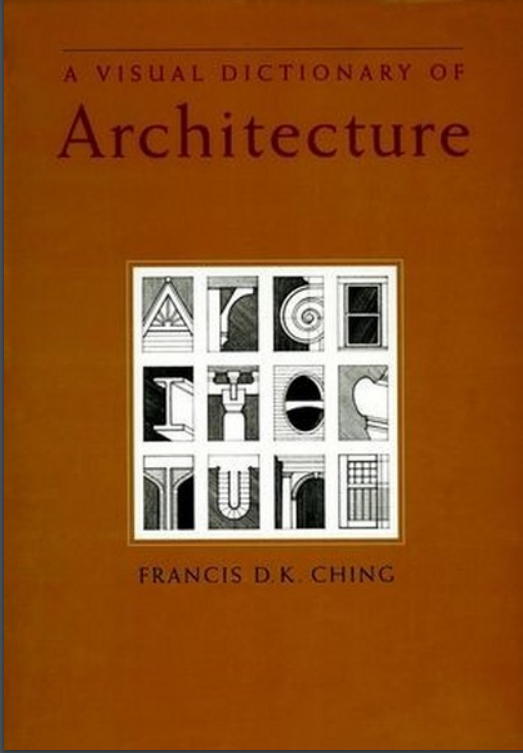CHANGE THE WAY YOU WATCH MOVIES:
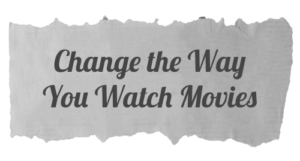 Turning the viewing of a movie into a writing exercise will change the way in which you watch the movie. For your spouse, it won't change anything. Most people love to go into the story not knowing anything. There are some who any hint of a spoiler will ruin the movie for them. You may be one of them now!
Turning the viewing of a movie into a writing exercise will change the way in which you watch the movie. For your spouse, it won't change anything. Most people love to go into the story not knowing anything. There are some who any hint of a spoiler will ruin the movie for them. You may be one of them now!
However, in order to watch through a writer's eye, you will need to watch not only the unfolding story, but you want to know ahead of time what action will be playing out. This way, you can watch for the subtleties. In other words, you will be on the lookout for foreshadowing and tiny insignificant clues that are being dropped that will wind up being the clue that solves the mystery.
I started to watch movies in this way several months ago and I have to say it didn't ruin my movie watching, it has enhanced it greatly. Knowing what will happen doesn't ruin a movie for me. I have always been that way, but I get so much more out of the movies I watch with this technique, that I will continue to watch in this way.
So how does it work?
WATCHING A MOVIE WITH A PURPOSE:
 Find a summary of the movie on Wikipedia. Most movies have a page about them and it gives all the technical information about who wrote the original story, the producer, director, stars, etc. But there is a section entitled PLOT. This is where the plot is laid out for you.
Find a summary of the movie on Wikipedia. Most movies have a page about them and it gives all the technical information about who wrote the original story, the producer, director, stars, etc. But there is a section entitled PLOT. This is where the plot is laid out for you.
If you are scheduled to watch a horror movie, decide ahead of time what you will look for. It's important to notice how the movies create a spooky atmosphere. Is it done with fog or lighting? Or maybe sounds of footsteps. These will all come in handy if you write horror yourself.
If you are watching a mystery, watch how some clues are planted but made to seem insignificant. This is slight of hand that is required in writing mysteries. Seeing this play out in a movie will give you many ideas on hiding clues in your books.
For any movie, notice how much information is dropped in the beginning to set the stage. Do they show a panorama of famous buildings to let you know you're in New York or Paris? Do they show carts and horses to let you know you are going back into the 1800 or 1900s? Notice how much information is conveyed with just the presence of certain props and locations. Almost every scene is a lesson in itself.
WON'T KNOWING THE PLOT RUIN THINGS?
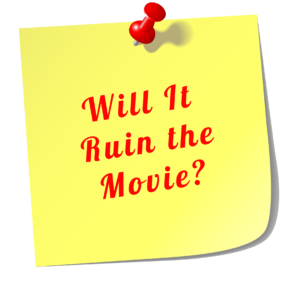 To be honest, most plots are too long to even remember or put together with one reading. I can usually follow the plotline for about the first four paragraphs. After that, I can't remember who is who but it doesn't matter. As long as you have a gist of an idea of what will take place, it allows you to watch for it.
To be honest, most plots are too long to even remember or put together with one reading. I can usually follow the plotline for about the first four paragraphs. After that, I can't remember who is who but it doesn't matter. As long as you have a gist of an idea of what will take place, it allows you to watch for it.
You can see whether the drama plays out slowly or whether there is a jump scare to introduce a twist in the plot. All of this is what you will feed on as an author. You are getting an up-close look at how the script writer and the director have choreographed the telling of the tale.
WHY I CHOOSE THE OLD MOVIES:
I choose to watch old movies from the 1960s and 1970s because the method of shooting movies was different back then. The directors tended to fill the scene and writing fiction requires you to 'fill the scene' too. In modern movies, although they spend a fortune on sets, you see the set once in a while, but most scenes are one close-up of one star with a quick move to show a close up of another star. It's not as rich for a writer.
EXAMPLE MOVIE: THE GORGON
This is one of the Hammer Film Production movies that I have recently fell in love with. They are old movies from the 1960s but so charming. These are easy to follow as an author and you can learn a lot about adding suspense, atmosphere, how people show fear, methods of showing distrust. These movies are short and shot on or in one set at a time, so there's a lot of action and background for you to pick up hundreds of tips.
You can even watch with a notebook and pen. Jot down the things you see that would be helpful to you in your writing. If you watch mystery movies with police work, you can write down the specific terms for things that come up over and over. For example, the words having to do with arrest warrants or fingerprint evidence, etc.
A WRITING EXERCISE AFTER THE MOVIE:
CAPTURE A SCENE: If you are watching on a computer, pause the movie in the middle of a great scene. Take a screen shot of the scene for later. If you're watching on a TV, pause and take a picture on your phone.
![]() WRITING EXERCISE: Next time you are sitting down to write, pull up the picture and create a scene in your head -- not from the movie, but from your own imagination. Using this setting as inspiration, think of something that is about to happen in the room or what just happened in the room. Be sure to include a description of the room and/or the main elements in the room. This exercise alone will improve your descriptive writing and could even lead to a short story! You never know.
WRITING EXERCISE: Next time you are sitting down to write, pull up the picture and create a scene in your head -- not from the movie, but from your own imagination. Using this setting as inspiration, think of something that is about to happen in the room or what just happened in the room. Be sure to include a description of the room and/or the main elements in the room. This exercise alone will improve your descriptive writing and could even lead to a short story! You never know.
CONCLUSION:
- Read the plotline -- at least three quarters of it so you can be on the lookout for all the techniques of storytelling.
- Think ahead of all the information you will want to keep watch for. Make either a mental note of all the techniques you see or write them down.
- If you watch police procedurals and write them, jot down all the technical names for things so you have them at your fingertips when you are writing your own fiction.
- Take a picture of a great setting in the movie for later. Using that scene as inspiration, think up your own small plot for what is going to happen in this room, what could happen, or what just happened. Be sure to describe the setting adding all of the emotions and/or mood elements you saw in the movie.
So that's it. Follow me on social media and let me know if you like this method of watching movies to learn.


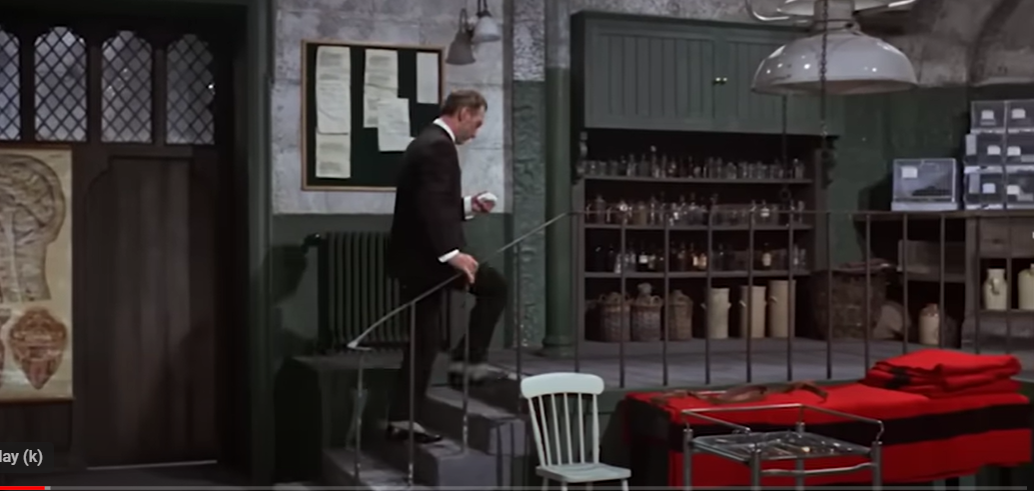
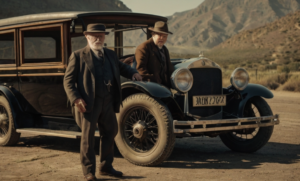
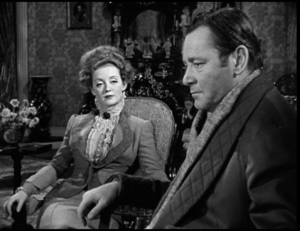 THIRD: Classic films relied more on dialogue, staging and backdrops to tell the story. This is the richness that I find most helpful to see and learn from as an author. Modern storytelling is worried about the 3-second attention span. Older movies assumed the audience was grown up and could sit still and pay attention for a few minutes without intense stimulation.
THIRD: Classic films relied more on dialogue, staging and backdrops to tell the story. This is the richness that I find most helpful to see and learn from as an author. Modern storytelling is worried about the 3-second attention span. Older movies assumed the audience was grown up and could sit still and pay attention for a few minutes without intense stimulation. FIFTH: Newer movies have upgraded post production technology and CGI, so they are now focused on movie effects, jump scares and gore shocks. Although many of you may enjoy this type of thing, it really doesn't have much to teach a new author.
FIFTH: Newer movies have upgraded post production technology and CGI, so they are now focused on movie effects, jump scares and gore shocks. Although many of you may enjoy this type of thing, it really doesn't have much to teach a new author. Everyone has to find their own subgenres whether it be old gothic movies or old mystery movies. But a good place to start is at Wikipedia. Below are two links to the 1960s and 1970s in film. Movies made in these years would fall into the categories I mentioned above.
Everyone has to find their own subgenres whether it be old gothic movies or old mystery movies. But a good place to start is at Wikipedia. Below are two links to the 1960s and 1970s in film. Movies made in these years would fall into the categories I mentioned above. If you are watching the movie on a computer, take a screen shot of a scene and then set up an imaginary happenstance that occurs in this setting. Describe the setting in words, attempting to capture the essence of what you saw on film. Doing this a few times will help you get better and better in describing backgrounds and scene settings.
If you are watching the movie on a computer, take a screen shot of a scene and then set up an imaginary happenstance that occurs in this setting. Describe the setting in words, attempting to capture the essence of what you saw on film. Doing this a few times will help you get better and better in describing backgrounds and scene settings.